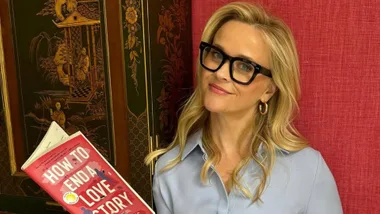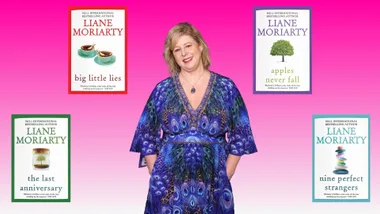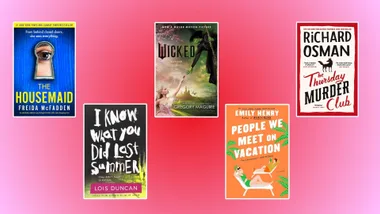I Came To Say Goodbye, By Caroline Overington, Bantam Australia, $32.95.
The reality of the often hidden child welfare system is revealed by this powerful story of a broken family in an Australian country town.
The themes in this brilliant book are played out on news bulletins across Australia every week. A young woman in a dressing gown walks through the front door of a Sydney hospital. She places a newborn into a plastic shopping bag and leaves the building. Yet it is where the news bulletins stop that this novel begins. What happened to that baby? Who was the woman? How was she allowed to walk out the door?
In Australia, much of that information is suppressed by myriad laws that often prevent the reporting of the real story. The author, journalist Caroline Overington, is an expert on the subject. She draws on years of social welfare reporting to create a powerful story, narrated by the father of the woman in the dressing gown.
He is the good-hearted Med Atley, a typically decent bloke, who never wanted or expected much from life. Yet life is never as simple as most of us would like. After his youngest child is born, his wife, without a word, leaves the family home, near Forster, on the NSW mid-North Coast. Med partly blames the marriage breakdown and his own ignorance for what occurs.
One of his children initially escapes the turmoil by studying law and marrying a London banker, while his only son heads to Lightning Ridge in the hope of striking it rich mining opals. It is his youngest daughter, nicknamed “Fat” and doted on by her lonely dad, who struggles and eventually suffers a mental breakdown.
Like many bored teens raised in country towns, “Fat” meets the wrong bloke and, before her father can prevent it, she falls pregnant. The life of this child and a second baby girl born a few years later are at the heart of the novel.
Overington is a leading journalist and has already won two major awards for reporting. It is her understanding of the delicate and difficult child welfare issues which underpins this brilliant novel.
The storyline raises countless questions about when a child should be taken from its family and, if so, how. It shines a light on the integration of Sudanese migrants into country towns, the lunacy of some of our adoption laws and queries the juvenile justice system. It also looks at the treatment of mental health patients and how policies in all these areas can each, in a small way, add up to a disaster that could or should have been prevented.
The issues are complex, but the book is not. It is the sort of book you read in two days, then talk about for weeks afterwards.











